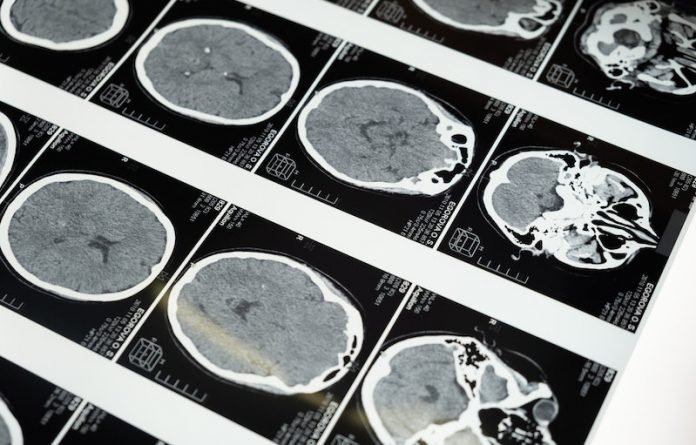
In a study from McMaster University, scientists found that milvexian may help reduce the risk of ischemic stroke without a clinically important increase in bleeding.
They tested patients with a prior ischemic stroke or high-risk transient ischemic attack (TIA).
The risk of ischemic stroke in patients with a prior ischemic stroke or TIA is approximately 5–10% in the first few months. Efforts to reduce the early risk of recurrent stroke have focused on antiplatelets.
Currently, no anticoagulants are approved for ischemic stroke prevention in the early phase.
In the study, the team examined the effect of milvexian on stroke occurrence and bleeding in patients with a high risk of recurrent stroke.
Eligible patients were aged over 40 and had mild-to-moderate ischemic stroke or a high-risk TIA. All participants had a visible plaque in a vessel supplying the affected brain region.
The study included 2,366 patients from 367 sites in 27 countries. The median age was 71 years and 64% were men.
Patients were randomly assigned to one of five doses of milvexian (25, 50, 100, 200 mg twice daily, 25 mg once daily) or placebo daily for 90 days.
The team found that while the stroke risk was lower at 50 mg and 100 mg twice daily doses, there was no apparent dose-response link.
Milvexian reduced the risk of clinical ischemic stroke (excluding covert brain infarction) in the intention-to-treat population at all doses except 200 mg twice daily, with doses from 25 to 100 mg twice daily showing an approximately 30% relative risk reduction versus placebo.
The incidence of major bleeding was low overall.
The rate of major bleeding for the milvexian 25 mg once daily and twice daily doses was similar to placebo, while a moderate increase was observed in the milvexian dose arms of 50 mg twice daily and above (the majority of which were gastrointestinal bleeds), with no apparent dose-response.
There was no increase in severe bleeding, and there was no fatal bleeding in any group of the study.
The team suggests that milvexian should be further studied in a phase 3 trial in a similar stroke population.
If you care about stroke, please read studies about what are ideal blood sugar levels for preventing repeat strokes, and heart attacks, and this healthy habit can lower stroke risk.
For more information about stroke, please see recent studies about therapy that could boost recovery from stroke and dementia, and results showing these commonly prescribed drugs may increase stroke risk by 60%.
The study was conducted by Dr. Mukul Sharma et al and presented at ESC Congress 2022.
Copyright © 2022 Knowridge Science Report. All rights reserved.



